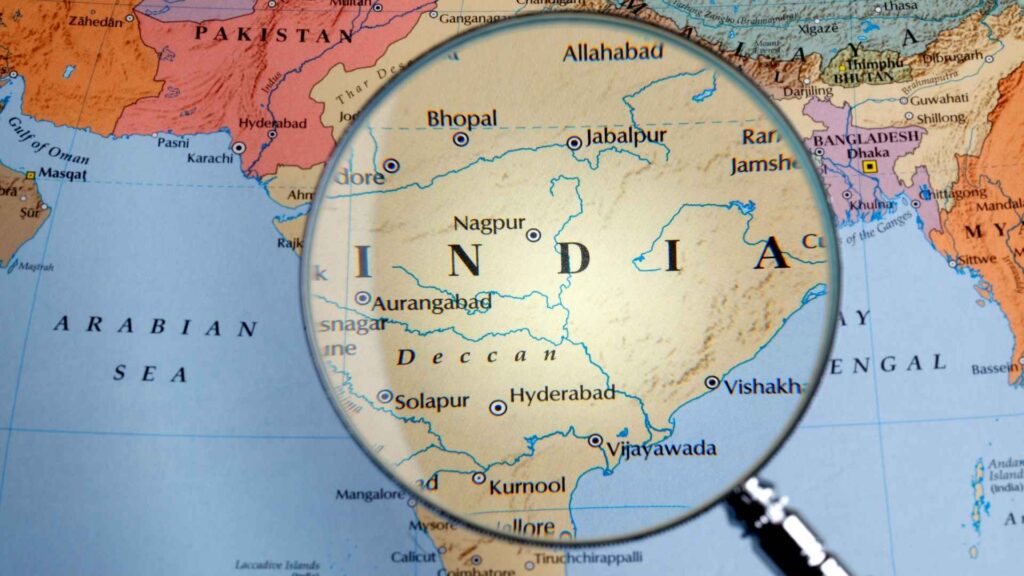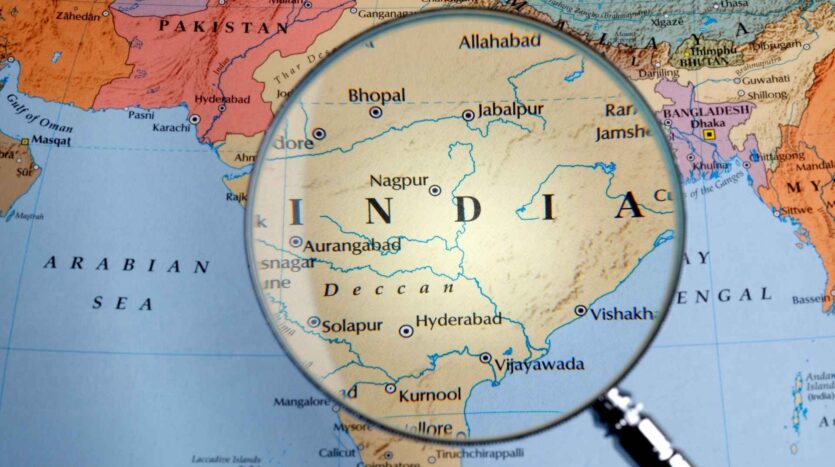How to Register Property Online in India: Complete Step-by-Step Guide
Are you looking to register your property in India without getting tangled in endless paperwork and long queues? Thanks to technology, now you’re going to know how to register property online in a few easy steps, all from the comfort of your home! Whether you’re buying your dream house or completing a land deal, this guide will walk you through the entire process of online property registration quick, hassle-free, and straightforward. Say goodbye to confusion and hello to convenience, as we break it down for you, one simple step at a time! Ready to dive in? Let’s get started!
Note:- Registering property online in India is a convenient process, but it involves multiple steps and requires following state-specific rules. Below is a general step-by-step guide on how to register a property online:
1. Visit the State-Specific Land Registration Portal
Property registration is managed by individual state governments, so visit the official land or property registration website of the state where the property is located. For example: Andhra Pradesh: IGRS AP
2. Create an Account
If you are a first-time user, create an account on the portal using your basic details like name, email address, and mobile number. You will also need to create a password to log in later.
3. Login and Select the Property Registration Option
- Once your account is created, login and navigate to the “Property Registration” or similar section.
- Select the option that relates to new property registration or sale deed registration.
4. Enter Property Details
- Property address and type (e.g., residential, commercial, agricultural).
- Owner’s details, including name, address, and contact information.
- Details of the seller and buyer, if it’s a sale deed.
5. Calculate Stamp Duty and Registration Fees
Use the built-in calculators available on the portal to determine the applicable stamp duty and registration fees based on the property type, location, and transaction value. Fees vary from state to state.
6. Generate and Pay the Challan
After calculating the fees, generate the payment challan or e-payment option. You can make payments online through net banking, credit/debit card, or via e-challan.
7. Upload Required Documents
Upload the scanned copies of required documents:
- Sale deed or agreement
- Proof of identity (Aadhaar, PAN card, etc.)
- Proof of ownership
- No objection certificate (NOC) from relevant authorities
- Encumbrance certificate
- Previous property documents (for resale properties)
8. Book an Appointment for Document Verification
After submitting the details and payment, book an appointment at the Sub-Registrar Office (SRO) for physical verification of documents. In some states, this step may involve an e-appointment system.
9. Visit the Sub-Registrar Office (SRO)
- On the scheduled date, both parties (buyer and seller) must visit the Sub-Registrar Office with original documents and identity proofs for verification.
- The registrar will check the uploaded documents and witness the signing of the sale deed.
10. Biometric Verification and Registration
Complete biometric verification (fingerprint and photograph) during the office visit. The registrar will finalize the registration and issue the acknowledgment receipt.
11. Get the Registered Property Documents
Once the verification and registration process is completed, the registered sale deed will be issued either as a physical copy or digitally (depending on the state’s rules).
12. Collect the Encumbrance Certificate
Post-registration, you can apply for an Encumbrance Certificate (EC), which serves as proof of ownership and a record of property transactions. Some states allow you to download the EC online.
Key Documents Required
- Sale Deed: The main document of the property transaction.
- Identity Proofs: Aadhaar, PAN card, passport, or voter ID for both seller and buyer.
- Address Proof: Utility bills, ration card, or driving license, GAS book.
- Property Documents: Past property records, tax receipts, and encumbrance certificates.
- NOC: No Objection Certificate from the society or government authorities, if applicable.
State-Specific Variations When you Register Property Online
The process may vary slightly depending on the state in which the property is located. Always ensure that you follow the specific procedures laid out by your state government’s land registration portal.

Pro Tip: Double-check if your state allows for complete online registration, as some states may still require manual submission of certain documents.
This step-by-step guide should help you navigate the online property registration process in India efficiently.
Frequently Asked Questions
What is the process of property registration online in India?
The online property registration process in India involves creating an account on the state’s registration portal, submitting property details, calculating stamp duty, paying registration fees, uploading necessary documents, and visiting the Sub-Registrar Office for verification.
Which documents are required for property registration in India?
Key documents required include the sale deed, proof of identity (Aadhaar, PAN card), address proof, property tax receipts, NOC (if applicable), and previous property ownership documents.
How can I pay stamp duty and registration fees online?
You can calculate and pay stamp duty and registration fees using the online payment option on your state’s property registration portal via net banking, debit/credit cards, or e-challan.
Can I register property online without visiting the Sub-Registrar Office?
No, while many steps of property registration can be completed online, a visit to the Sub-Registrar Office is still necessary for document verification and biometric authentication.
How do I calculate stamp duty for property registration?
Most state-specific property registration portals provide stamp duty calculators based on the property’s value, location, and type, helping you estimate the amount payable.
How long does the property registration process take in India?
The time taken for property registration varies by state, but after completing the online process, registration at the Sub-Registrar Office generally takes 1-2 working days, provided all documents are in order.
Is property registration mandatory in India?
Yes, according to the Indian Registration Act, 1908, property transactions involving sales of immovable property above Rs. 100 must be registered to validate the ownership legally.
What are the fees for property registration in India?
Property registration fees vary by state and are usually a percentage of the property value. Typically, they range between 1% and 3% of the property’s market value, in addition to stamp duty charges.
Can I get a digital copy of the registered property documents?
Yes, many states provide an option to download digital copies of registered property documents from the respective state’s land registration portal.
How do I apply for an Encumbrance Certificate (EC) after property registration?
You can apply for an Encumbrance Certificate (EC) online by visiting the state’s land registration website and filling out the necessary details to verify past property transactions.
Investing in real estate can come with various risks, from market fluctuations to property management challenges. At Hari Hara Properties, we ensure that all your property needs are fully taken care of, offering expert guidance and management. With us, you can invest with confidence, knowing that your real estate journey is backed by a team dedicated to minimizing risks and maximizing returns.


